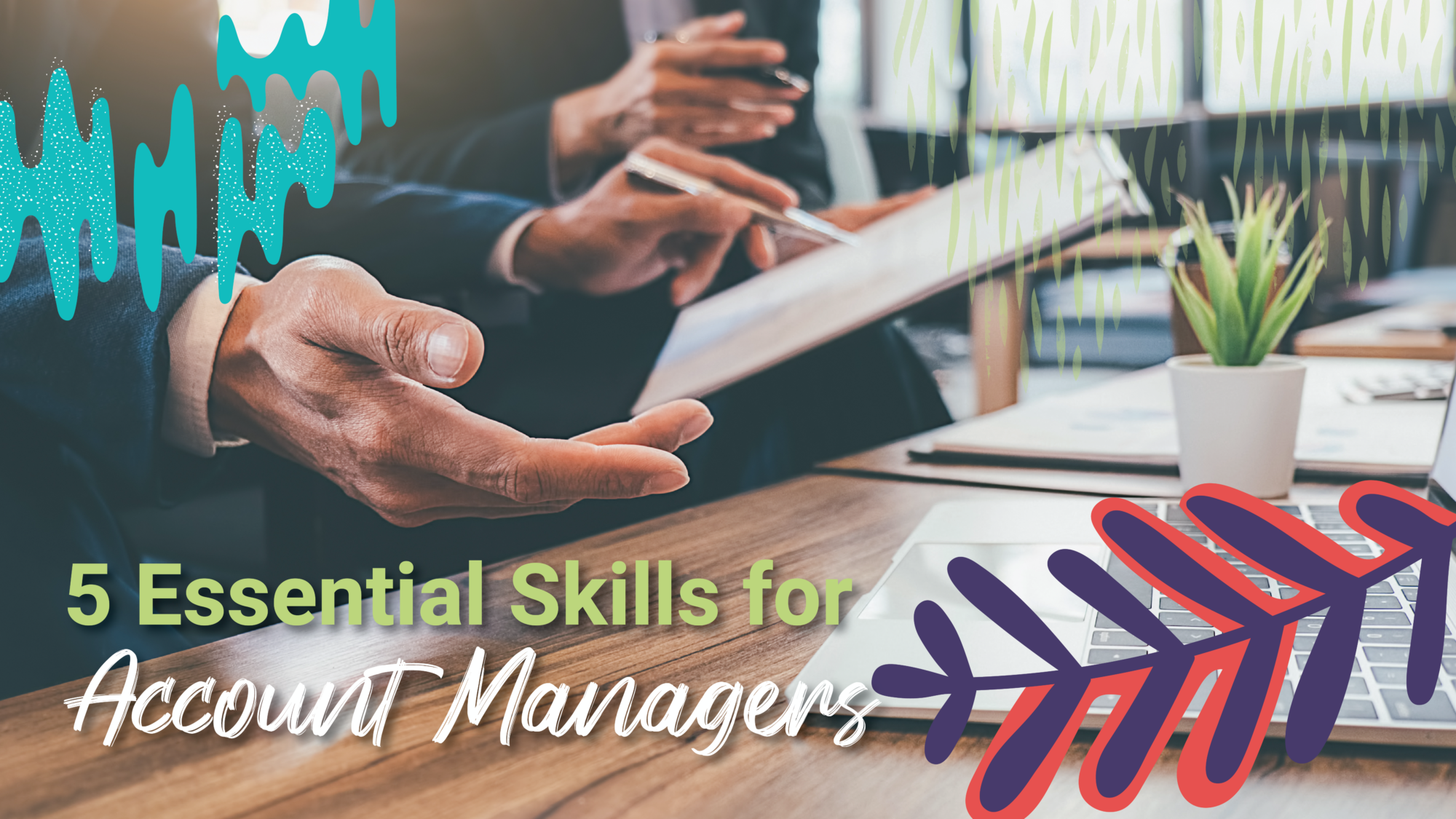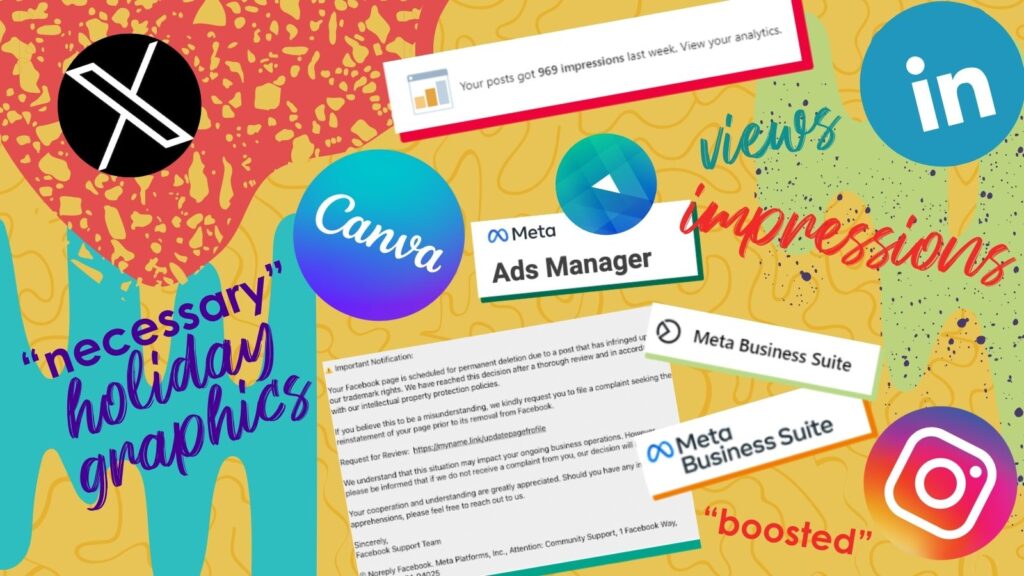In this industry, we love to talk about all the shiny parts of our jobs—the new websites, huge earned media placements, gorgeous rebrands, and everything that glows. Of course, those are super brag-worthy items, but sometimes it’s easy to lose sight of the nitty gritty work that it takes to achieve those results. It’s the behind the scenes stuff that really matters.
Account management is what enables us to do all the big things we do. We’ve got a million plates spinning, a few elephants in the room, at least five items we’re juggling, and we’re still waiting for at least three clients to call us back.
Here is our top 5 essential skills for account managers.
1. Follow Up and then Follow Up on Following Up
This is it—the backbone, foundation, the secret sauce—to being a successful account manager. It’s not enough to send a singular email anymore. Nope. Now, you’ve gotta circle back, follow up, and check back in to see how things are going. Your job is essentially to drive projects forward, meaning you’ve gotta be a thorn (a nice thorn) in their side asking if they’ve had a chance to take a look at the logo revisions you sent over three weeks ago.
Radio silence? Follow up. Sparse and undecipherable feedback? Follow up. A questionable move that doesn’t quite follow strategy? Follow up. Don’t leave anything on the table. Read, assess, take action, and send it off. Your job is to never let the grass grow beneath your feet. By the way, pick up the d*mn phone, we’re talking to you Gen Zers and some millennials. Stop sending a thousand emails, call and text.
2. Always Add a Buffer
If you’re reading this, you’re probably already aware that things can and often do not go as planned. Sometimes you fall behind and sometimes the client falls behind, so it’s important to account for this when creating project timelines. A clear timeline covers your a** and ensure both you and the client are on the same page.
IF (and it’s a big “if”) everything happens on time, there are no revisions from the client, and every little detail just happens to work out…well then you get to deliver the final project to the client ahead of schedule. Give yourself a pat on the back—you’ve finally done it. Just don’t expect it to happen every time now.
3. Look Out for Your Team
Speaking of buffers, those aren’t just there to cover your clients’ and your ass. They’re also there to help your team. When something urgent pops up, it’s easy to assign the work to another team member (like design to the designer, for example) without making sure it’s not about to blow up their day. Last minute is not cool.
We know, we know. There are times when you can’t avoid huge workloads, but there are also ways to make sure the unexpected doesn’t stress out the reast of your team. If you need something ASAP, see if you can shift another one of your projects to another team member (or better yet, another due date). If that’s not possible, it’s time to call up the other account managers and figure out a solution.
Oh, and while we’re at it, this should go without saying, but if your client gives you harsh feedback on something, never—not once, not ever—blame the issue on another team member. Got it? Good.
4. Have the Hard Conversations
It’s easy to fall into a groove with your clients once things are going well. Social’s getting out on time? They’re already prepped for the tradeshow next quarter? Wonderful! Well, at least, it seems wonderful. Are you actually achieving your clients’ goals? Do you know those goals?
If the answer to either of those questions is no, then it’s time for a hard conversation. Ditto goes for if you aren’t getting the information you need to be successful or if it seems like something is getting lost in communication. Set the time, plan the meeting, call your client, and get to the bottom of things. It won’t be fun, but it’ll be worth it in the end.
5. Be a Human
Form connections with your clients, take the time to get to know them. Send encouraging texts before a big presentation or send them flowers if something shitty happens. Write emails like you’re, well, you, instead of like you’re just sending something generic from corporate. Drop the “sincerely” and the “to whom it may concern.” Everything goes back to relationships, if you want to be a true partner, you need to connect with your clients.
Being an account manager is about driving projects forward, but it also has a lot to do with building relationships. The more open and approachable you are, the easier it is for your client to feel like they can bring up what’s really on their mind (a.k.a. the most important thing).









